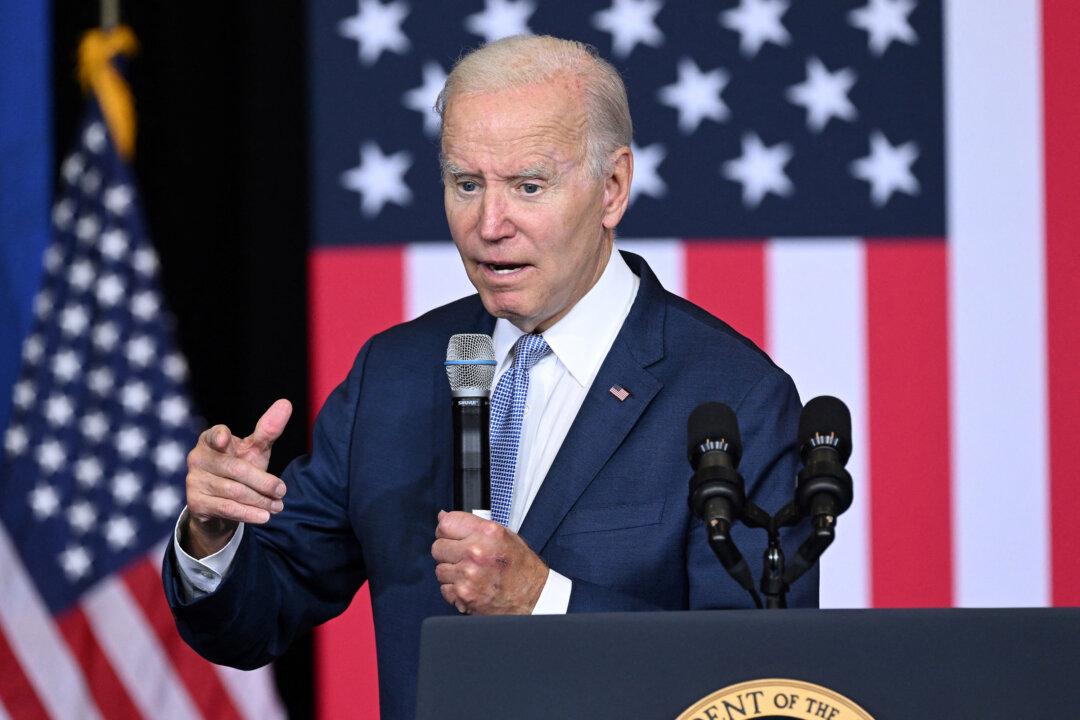The United States has expressed its confidence in Pakistan’s ability to control its nuclear assets after remarks by President Joe Biden cast doubt on the safety of Islamabad’s nuclear arsenal.
Speaking to reporters on Oct. 17, State Department spokesperson Vedant Patel said that “the United States is confident of Pakistan’s commitment and its ability to secure its nuclear assets.”





